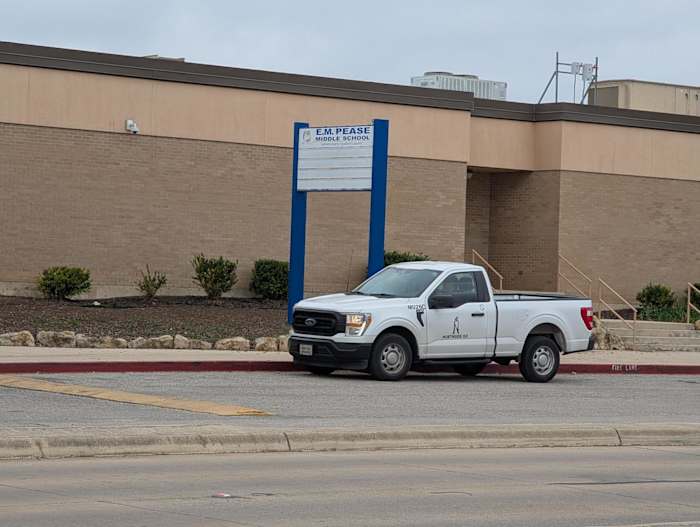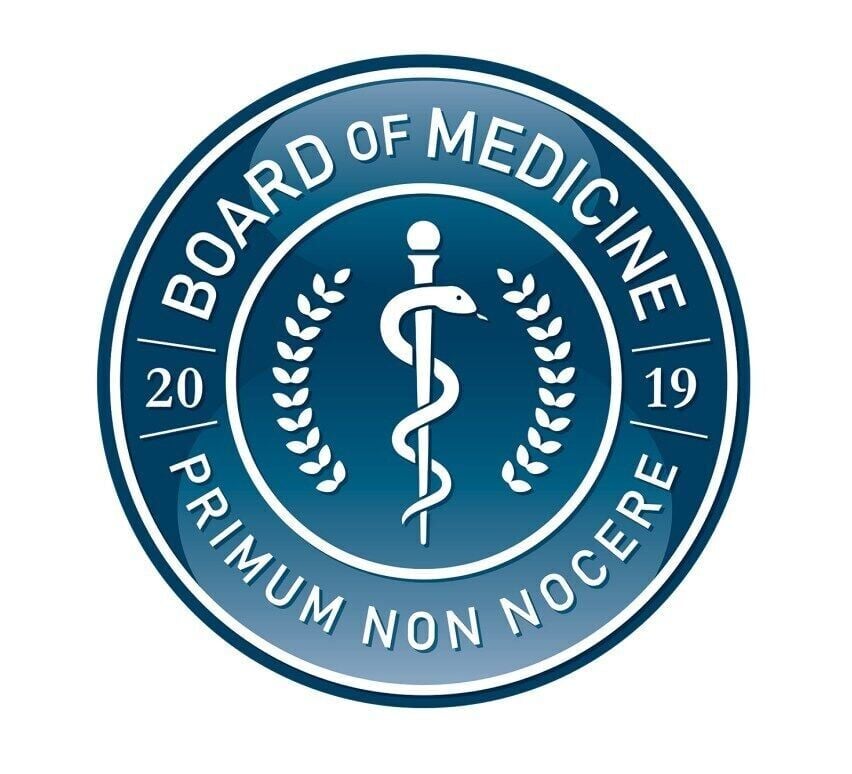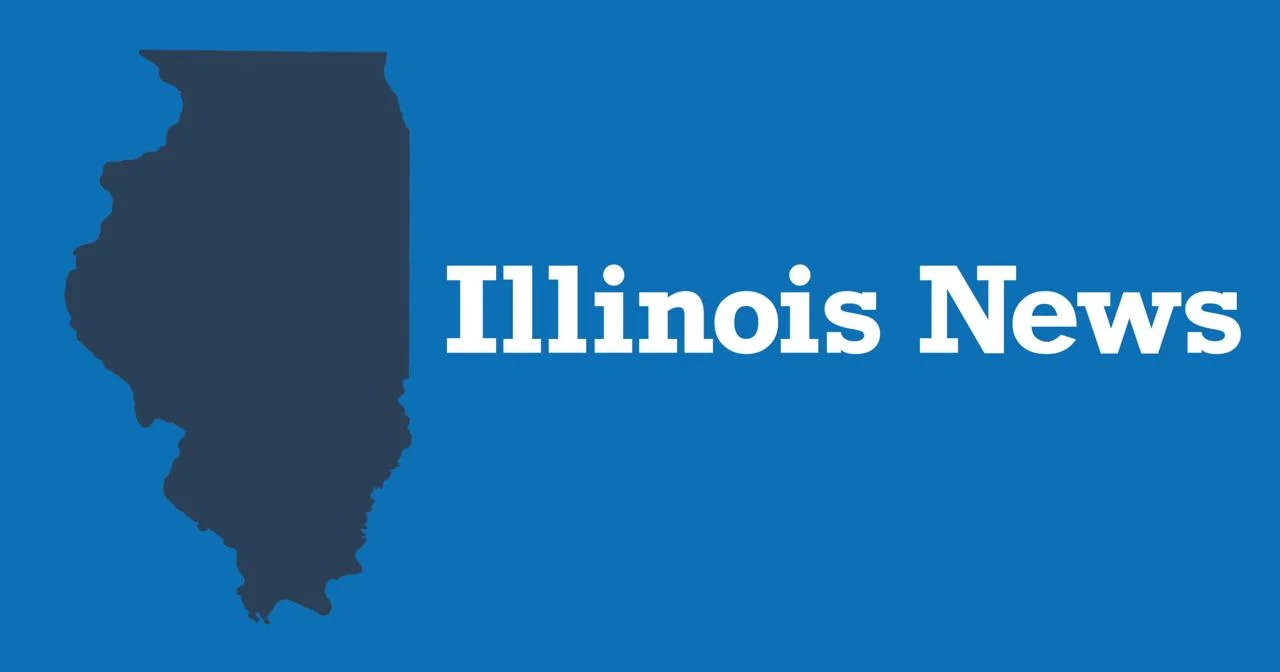Pennsylvania lawmakers Abney and Benham have introduced bills proposing new taxes on rideshare services and increased fees on car rentals and leases. The revenue from these measures aims to bolster funding for public transportation systems across the state, including Allegheny County’s Pittsburgh Regional Transit.
Abney, Benham bill would tax rideshare services to fund public transit
Key Takeaways:
- A proposed 6% tax on rideshare fares to fund public transportation.
- State car-rental fee increase from $2 to $6.50 under new legislation.
- Proposal to raise car lease fees from 3% to 5%.
- Generated revenue intended for statewide public transportation systems.
- Allegheny County’s Pittsburgh Regional Transit among the beneficiaries.
Lawmakers Introduce New Transportation Taxes
Pennsylvania legislators Abney and Benham have unveiled new bills aimed at generating additional revenue for public transportation systems throughout the state. The proposed legislation seeks to introduce taxes and fees on various transportation services, with a significant focus on rideshare companies and car rental agencies.
6% Tax on Rideshare Fares
One of the central components of the proposal is a 6% tax on rideshare fares. “The ride-share tax would amount to 6% of the cost of a fare,” according to the details of the bill. This tax would directly impact users of popular rideshare services, potentially increasing the cost of each trip taken through platforms like Uber and Lyft.
Increased Fees on Car Rentals and Leases
In addition to the rideshare tax, a second bill aims to raise the state car-rental fee from $2 to $6.50. This substantial increase is intended to draw more revenue from the rental car industry. The proposal also includes boosting the fee on car leases from 3% to 5%, affecting individuals and businesses that lease vehicles within the state.
Funding Public Transportation Systems
The revenue generated from these taxes and fees is earmarked for public transportation systems across Pennsylvania. The funds would support various transit services, including Allegheny County’s Pittsburgh Regional Transit. By targeting alternative transportation methods, the legislators aim to enhance the funding and quality of public transit options for residents.
Impact on Communities
The proposed measures could have a significant impact on both urban and rural communities by improving public transportation infrastructure. Improved funding may lead to expanded services, better maintenance, and potentially lower fares for public transit users.
Conclusion
The introduction of these bills marks a strategic effort by Pennsylvania lawmakers to invest in the state’s public transportation network. By leveraging taxes on rideshare services and increasing fees on car rentals and leases, the state hopes to generate substantial revenue dedicated to transit improvements. The proposals will undergo further consideration and debate as they move through the legislative process.











